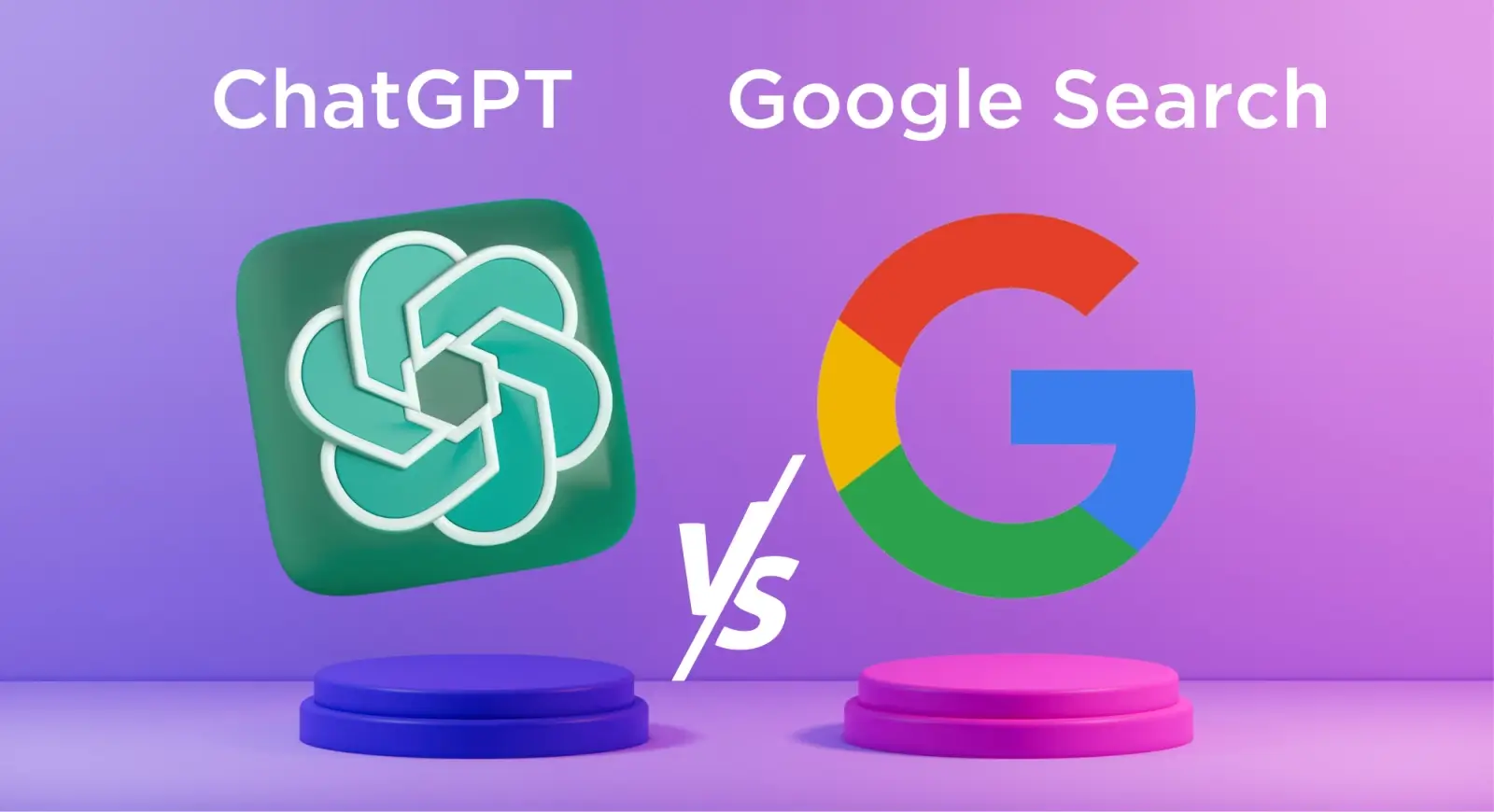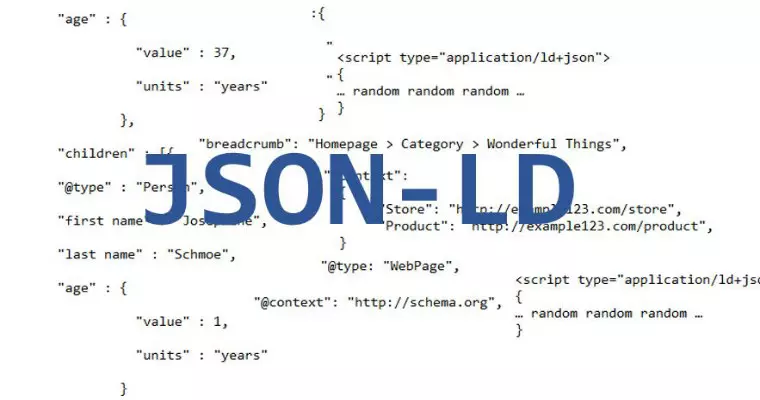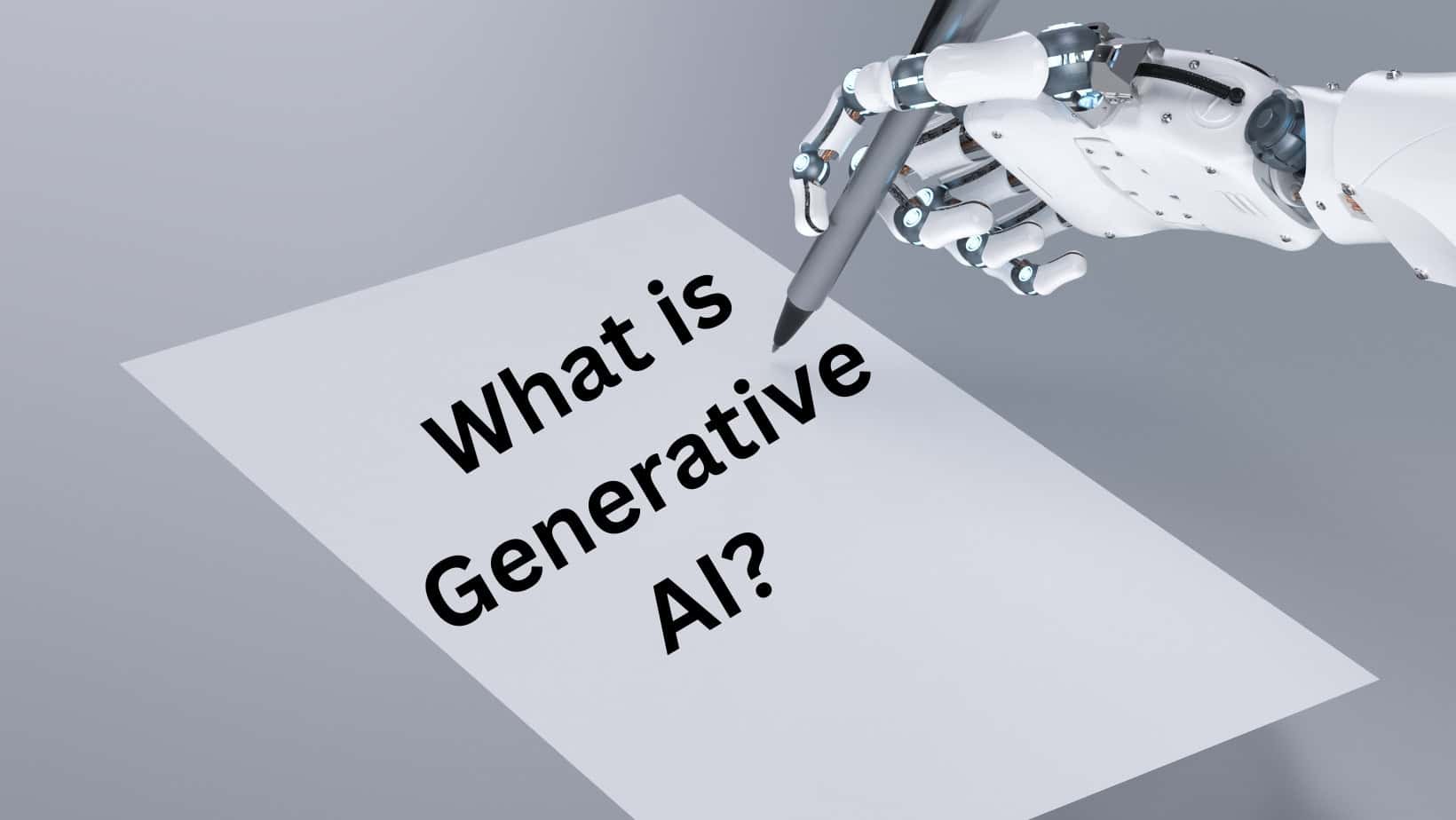ChatGPT and Its Impact on SEO
With AI, SEO (Search Engine Optimization) evolves: authoritative citations, structured data, and content optimized to answer users' direct questions now matter.

The advent of tools like ChatGPT is revolutionizing the world of SEO (Search Engine Optimization) and the way companies evaluate their online success. Traditional metrics such as CTR (Click-Through Rate), bounce rate, or page views are no longer sufficient. With AI, new priorities must be considered:
- AI Citations: It's not just about the number of visitors to a site, but whether the content is cited by artificial intelligence as an authoritative source.
- Structured Data: To be recognized and cited by AI, content must include structured data.
- Conversational SEO: Articles should be optimized to answer users' questions in natural language.
AI Citations: A New Metric for Success
A key factor to monitor is citations by AI tools like ChatGPT. If a company or its website is mentioned as a reliable source, it becomes a signal of digital authority.
For example, imagine a cooking blog publishing detailed and well-documented recipes. If ChatGPT cites that blog when answering a question about how to prepare a specific recipe, it means the content is deemed useful and credible. This recognition represents a form of success that goes beyond the number of site visitors.
The Importance of Structured Data for AI
Structured data refers to information organized in a clear and standardized way, allowing search engines and artificial intelligences to easily understand it. For instance, a restaurant like "Trattoria Bella Napoli" might use structured data to specify details such as:
- "Address: Via Roma 123, Naples"
- "Opening hours: Monday-Saturday, 12:00-23:00"
- "Cuisine type: Italian"
- "Average rating: 4.5"
- "Number of reviews: 240"
- "Reservation link: trattoriabellanapoli.it/reservations"
This format, based on standards like schema.org, enhances the site's visibility and increases the chances of being chosen as a reliable source in AI-generated responses.
Conversational SEO: a shift in perspective
Another innovation is conversational SEO. The growing use of direct questions to AI assistants is changing how content is searched and presented. People no longer simply type "best restaurant in Milan," but instead ask more specific questions like, "What is the best restaurant in Milan for a romantic dinner?"
To adapt to this change, content creators must think like users. They should anticipate potential questions and answer them thoroughly yet succinctly.




